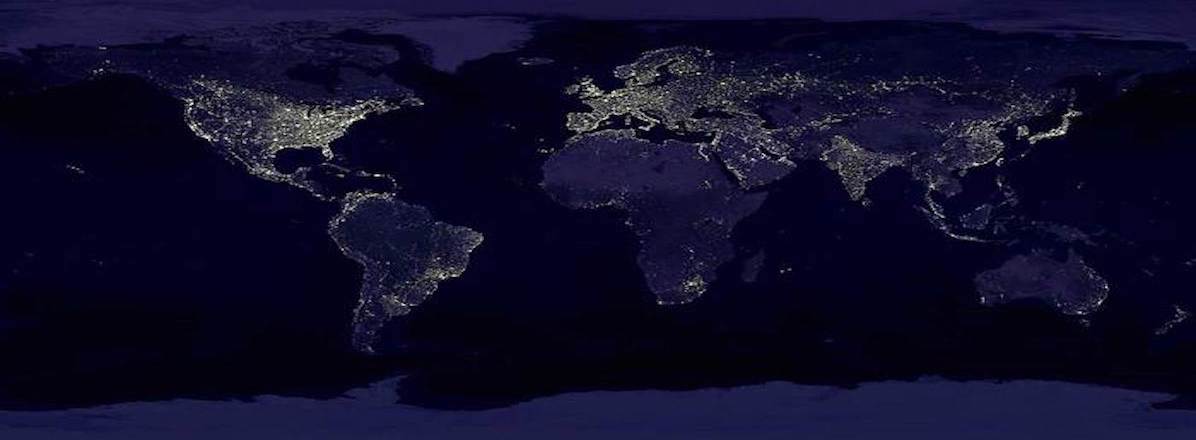A nation must think before it acts.
Russia, Iran and China on the U.S.-China Trade War
April 18, 2020
Post by Collins Alexander
Russian, Iranian and Chinese state-sponsored coverage of the U.S.-China trade war is an illustrative example of narrative overlap between these three nations. Coverage of the trade war by all three countries is highly critical of the U.S., albeit typically through varying lenses—China from a mainly economic perspective, Russia from a political perspective, and Iran through a bit of both. One place where the three countries’ content most heavily overlaps, however, is in the context of the trade war and the 2020 election.
China’s Global Times has emphasized the desire for “coordination, cooperation, and stability” to achieve a “mutually beneficial” agreement and contrasts this desire with negative portrayals of President Trump, describing his bullying tactics, anti-China policy, and Americans opposing Trump’s perspective. The Global Times challenges the notion of the U.S. as a force for world stability by blaming Trump for the lack of a trade deal, which, prior to economic disruption stemming from COVID-19, represented a key factor in attaining global economic stability. Russia’s Sputnik News and RT describe the trade war as an unsavory aspect of American grand strategy. Russian state media criticizes the U.S. stance by negatively portraying how President Trump implements his “America First” policy internationally, highlighting damaged relations with traditional allies, such as the European Union. Sputnik and RT also push talking points on President Trump’s repeated use of tariffs as a diplomatic weapon and domestic discontent with the trade war. PressTV, Iran’s state-sponsored media outlet, highlights the economic perspective by blaming Trump for initiating the trade war, but also criticizes Trump through personal attacks and by highlighting contradictory information coming from his administration.
On the trade war and the election, the three countries align more closely. China asserts that President Trump “is in dire need” of a trade agreement with China to help boost his election chances, particularly as his supporters are harmed by tariffs, and points out that reelection bids face “insurmountable difficulty” when the economy is doing poorly.
PressTV also pushes this reelection narrative. At an election rally one day prior to Chinese Vice Premier Liu He’s visit in May 2019 to discuss trade issues, President Trump announced “they’ll be paying” because China “broke” a deal. Later, in June, President Trump moved to “suspend imposition of additional tariffs” while negotiating with Chinese officials. PressTV asserts that the setting and timing of President Trump’s rhetoric points to his political manipulation of the trade war.
Russian media, meanwhile, claims the January 2020 “phase one” agreement was “95% theatrics” as part of President Trump’s strategy: “Everything he is playing to the election 2020.” Consistent with their spotlight on broader U.S. strategy, Russian media also cites non-economic factors influencing U.S.-China relations. Despite worsening tensions, Sputnik reported that trade negotiations were not likely to change President Trump’s support for the defense of Hong Kong protestors and it posits that President Trump faces a “double-edged sword” by pitting his own economic and political considerations against one another.
Russian, Chinese, and Iranian commentary on the U.S.-China trade war represents an example of foreign entities challenging the economic and geopolitical standing of the U.S. through similar themes, overlapping where other nations’ messaging fits another’s influence goals. For the U.S., broad issues with one adversary—like China and the trade war—represent a battle for the information space not just with that particular nation, but also those others that aim to discredit the U.S. abroad.




